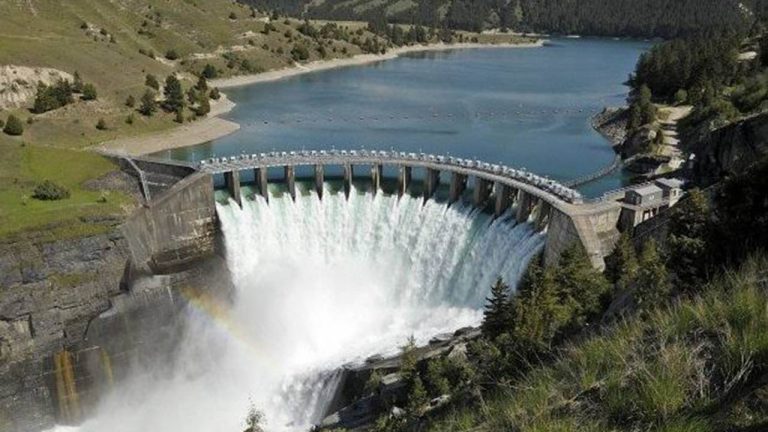By Sen. Rilwan Adesoji Akanbi
Our Country Nigeria, may face significant financial challenges due to OPEC’s decision to limit the country’s oil production to 1.5 million barrels per day, a stark contrast to Saudi Arabia’s 10.5 million barrels per day and Russia’s 9.9 million barrels per day. Starting from Jan to Dec. 2025.
This reduction in production quota will substantially impact Nigeria’s 2025 budget. Nigeria 2024 budget was based on an estimated 1.7 million barrels per day, translating to #7.9 trillion in expected income. However, we are struggling with 1.57 million barrels per day falls short of this projection.
The Federal Government’s ambition to produce 2 million barrels per day has been thwarted by OPEC’s decision, capping Nigeria’s production at 1.5 million barrels per day.
The Nigerian National Petroleum Company Limited (NNPC) has made progress in paying off its loans, having paid $2.61 billion, which represents 29.4% of its total debt. However, the company still owes $6.25 billion out of the total $8.8 billion.
NNPC secured these loans for crude oil swapping arrangements as collateral, with an 8.17 million barrel per month oil swap for loans arrangement.This move has sparked concerns about its long-term implications for Nigeria’s economy
Economic Consequences include:
– Worsened Fiscal Deficit: Reduced oil revenue will exacerbate Nigeria’s fiscal deficit.
– Compromised Infrastructure Projects: Critical infrastructure projects will be hindered due to reduced funding.
– Reduced Public Services: Funding for essential public services will be affected.
Broader Implications:
– Reduced Foreign Exchange Earnings: Lower oil production will decrease foreign exchange earnings.
– Decreased Economic Growth: The reduced quota will hinder economic growth.
– Increased Unemployment: Job creation will be impacted due to reduced economic activity.
– Higher Inflation Rates: The decreased oil production quota will lead to higher inflation rates.
To mitigate these effects, Nigeria must diversify its economy and address oil sector challenges. This includes tackling dwindling investments in the oil sector, persistent oil theft, Vandalism and the NNPC’s crude oil swap for loans.





